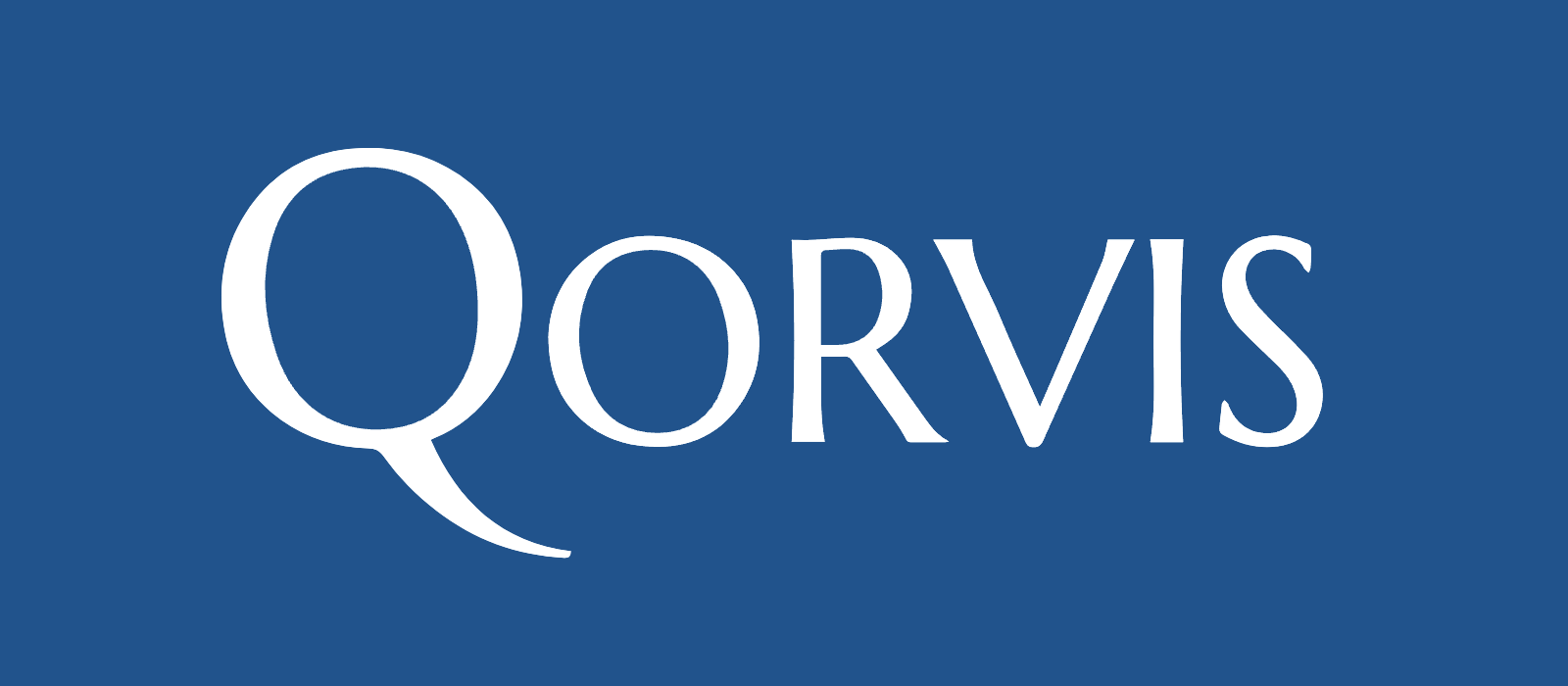Why the U.S. needs to invest more in Argentine energy
By William Sadler, Senior Account Executive
Under the new president, Javier Milei, Argentina has gone through unprecedented economic changes in an attempt to rectify decades of economic mismanagement. Described by the Financial Times as “the most drastic fiscal adjustment ever seen in a peacetime economy,” this ambitious initiative has polarized the many Argentines who have historically been victim to high levels of inflation. Since the Second World War, Argentina has been subject to annual inflation rates in the triple digits. Now, the country stands to emerge from decades of economic strife into an opportune moment for global investment.
The confluence of new leadership and the global energy transition creates a unique environment for investment in Argentina, especially in the energy sector. The decentralization of government and massive deregulation, alongside the removal of import tariffs, have delivered a resource-rich country open to foreign investment and a populace eager for progress.
Argentina is home to the Lithium Triangle, a region that shares (with Chile and Bolivia) over 65% of the world’s lithium reserves. Of the three, Argentina has the most favorable tax code. They are also leaders in the production of copper and other materials crucial for the energy transition. The International Monetary Fund has estimated that the mining industry could provide a five-fold increase in its exports over the medium term—three-fourths from lithium exports ($12 billion) and most of the remainder from copper ($5 billion)—when production starts in 2027.
There are a few key points that highlight Argentina’s potential as an investment destination. Milei has stated that he wants to move away from the Argentine peso and couple with the U.S. dollar. This would dovetail well with America’s increasing desire to invest in the Western Hemisphere, particularly in countries that are socially and culturally aligned. On October 24, the World Bank and the Inter-American Development Bank agreed to provide Argentina with $8.8 billion in financing, offering even more credibility to Milei’s ambitious plans.
When it comes to foreign direct investment, the idea of “cultural coupling” has become somewhat of a dealbreaker for U.S. financial support. Often, countries with a more socialist history or anti-Western sentiment find themselves over-scrutinized and under-invested. However, this does not appear to hinder U.S.-Argentine relations, as Argentina already has deep cultural ties to the United States. The opportunity is ripe now—but the U.S. may realize this fact too late, leaving room for other interested investors.
China continues to increase its influence with massive investments across Latin America. Beijing has invested in deep sea ports such as the Chancauy port outside of Lima, Peru. These mirror China’s Belt and Road Initiative across the developing world, which have continued to strain the American energy transition. Lack of access to regional raw materials and supply chains stands to be one of the largest obstacles to the American clean energy revolution. The U.S. needs to invest more in its own hemisphere if we ever hope to develop our own mineral supply chain and further our energy transition goals.
A strategic moment for U.S.-Argentine relations and the energy transition
So, how does Argentina communicate all of this? Milei has taken an unorthodox approach to almost everything he does. His campaign was run primarily through X and other social media platforms. He has leaned on the use of memes and vulgar commentary to separate himself from other world leaders as he calls for an end to “wokeism” and blames the “Western World” for the “scourge of global socialism.”
This approach has yielded varying results. Supporters often appreciate his focus on free-market policies and the elimination of bureaucratic regulations, and certainly welcome a healthier economy. On the other hand, some Argentines have shown worry that Milei’s actions would undermine crucial government assistance programs. Many see him as another member of the growing list of far-right populist leaders.
Regardless, the untapped energy potential in Argentina demands that the United States pay more attention to the region. We need free trade agreements and incentives on both sides if the U.S. wants to seriously compete in the clean energy transition. However one perceives Argentina’s Milei, his fiscal actions within Argentina will deliver a new case study for economic evolution at a national scale, especially as it relates to clean energy supply.
William Sadler is Senior Account Executive at Qorvis in Washington, D.C. A certified Terra.do Climate Fellow, he provides strategic counsel to clients across the Qorvis portfolio who are navigating effective communications about their climate, energy transition, and ESG plans.





